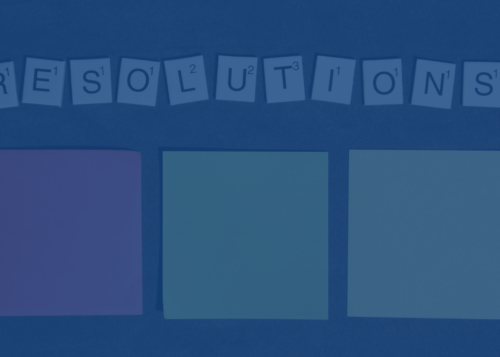Ask and You Shall Receive

Originally by Menisha Mengauth – former SR SDR
For a long time, the second-most dreaded question I was asked in a job interview was “Do you have any questions?”. There were too many occasions where I let out a meek “nope, I’m all set, I think we’ve covered everything – thank you!”. Your turn to ask questions is the biggest opportunity you have to capitalize on your conversation by re-framing your interviewer’s thinking, and I have a feeling I’m not the only one who’s missed this opportunity too many times.
We use several of the same principles in sales development. If you think about it, interviewing is very much about “selling” yourself. Just as SDRs convince their prospects that there is a need for a product or service, your goal in an interview is to convince someone that you have a specific skill set that they can leverage to improve their business.
In both cases, the goal is to re-frame someone’s thinking about you or your product. In many cases, this someone already has a preconceived notion as to whether or not they want to hear what you have to say. The questions you ask have a massive impact on what both you and your challenger gain from the conversation. Here are my three tips on framing questions to get the answers you want:
Ask questions that will help you learn something
Stop asking your interviewer “What’s the best part about working here?” – you’ll get a cookie-cutter answer and likely won’t learn anything new or meaningful about the person/company. Instead, try “What’s the worst part about working here?” – this question re-frames an interviewer’s thinking and may even catch them off guard. You’ll either learn about a problem area in their company or if they give you the deer-in-the-headlights face and blurt “nothing!”, you’ve learned that your interviewer is terrible at lying.
When prospecting, it may be more effective to shy away from the open-ended “What are your pain points with [current solution]?” You already know that it’s rare to find someone who’s dying to vent about inefficiency, especially if they haven’t already been introduced to something better. If you’ve done your research, you know what those pain points are and you’re looking to confirm that your prospect has that frustration. If you know your prospect is using an inferior product/solution, go ahead and ask for the meeting, already!
Don’t be predictable
As an SDR, avoid opening with “I was just curious as to how are you currently [insert whatever your product does]” – First off, no, you didn’t just randomly call Mr. BigDirector at a Fortune 500 company because you’re “just curious” as to how he’s leveraging data insights to make business decisions. Most importantly, prospects who are constantly being sold to will see right through this one.
In an interview, instead of “What does the average day to day look like?”, try “What keeps your employees passionate and motivated on a day-to-day basis?”. By asking this question in a different way, you’re breaking the mold and subliminally painting the picture of a motivated and dedicated employee, rather than an office drone completing the bare minimum. This brings me to tip #3:
Set the stage
When selling, try framing your questions in terms of what your solution does better than your competitors. For example, if your product provides data security, cloud-based services, or disaster recovery, consider “If there was a hurricane/tornado warning in your area, what would be the current protocol to protect your servers?”
Alternatively, help your interviewer picture you in the role with my favorite second- or third-stage interview question: “Imagine that I get this role, and a year from now you’re giving me my 1-year review. I’m the best employee you’ve ever hired and you’re giving me all kinds of accolades and a promotion. What did I do to deserve this?” – this shows that you’re not only interested in learning what the day-to-day tasks are for a position, you’re also interested in exceeding expectations.
In any professional situation, whether it be interviewing, cold calling, or working to persuade a prospect to adopt a new strategy, think about the answers you want. Take a hard look at the questions you ask most frequently and rework them in a way that will make your interviewers/prospects think. This requires some creativity, so have fun with it.
Happy asking!
(For those of you who spent the entire article wondering what my most-dreaded question is, it’s actually not really a question. It’s “Tell me about yourself”, but that’s a conquered challenge for another blog post).
Related Resources
Continue exploring

Embracing Online Sales Communities

Resolve To Be Resilient: A True Cold Calling Resolution

Advice Every SDR Should Know

Leveraging Your SDR Experience

Alternative Prospecting Methods

Building Your Sales Development Puzzle

